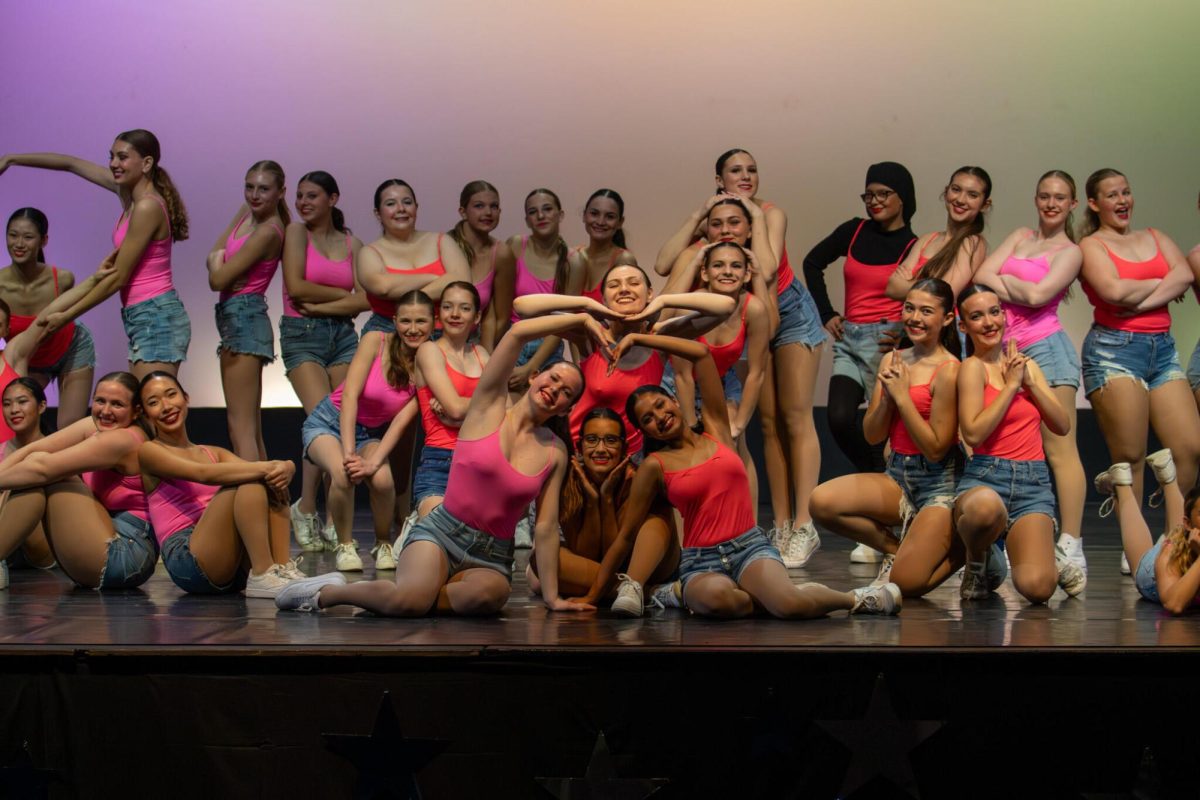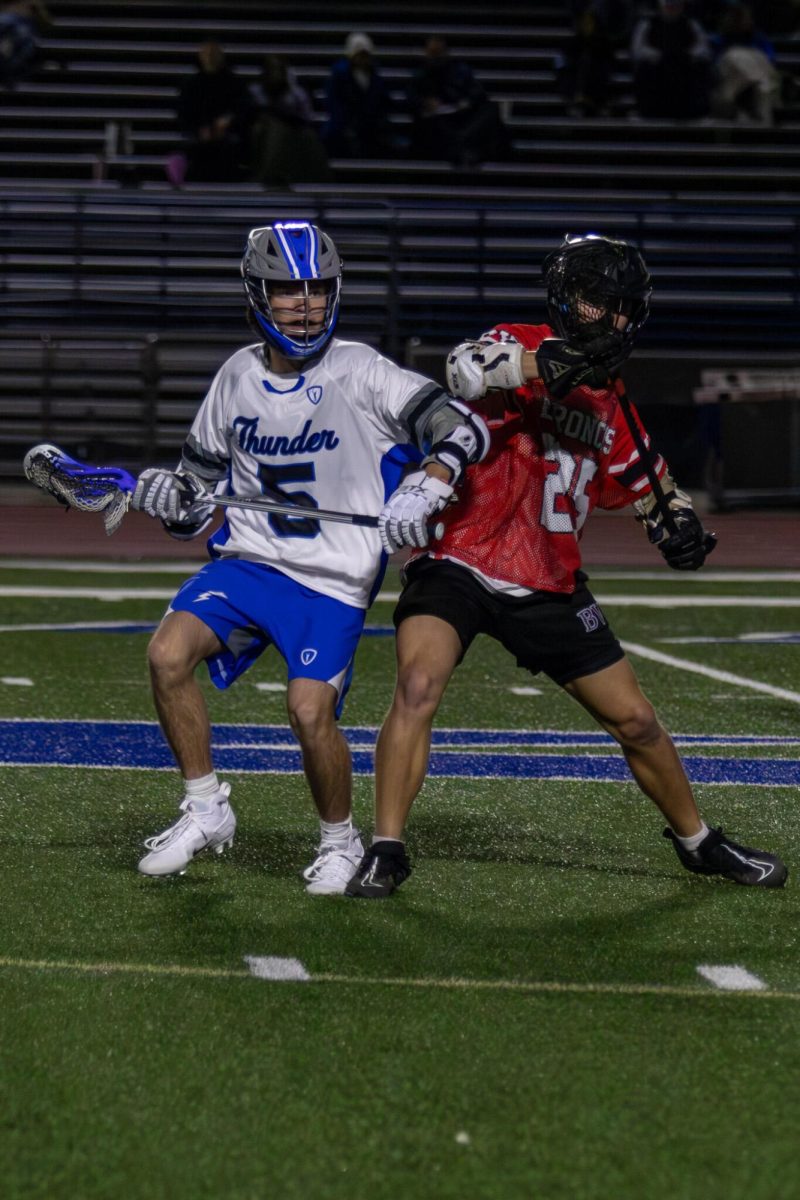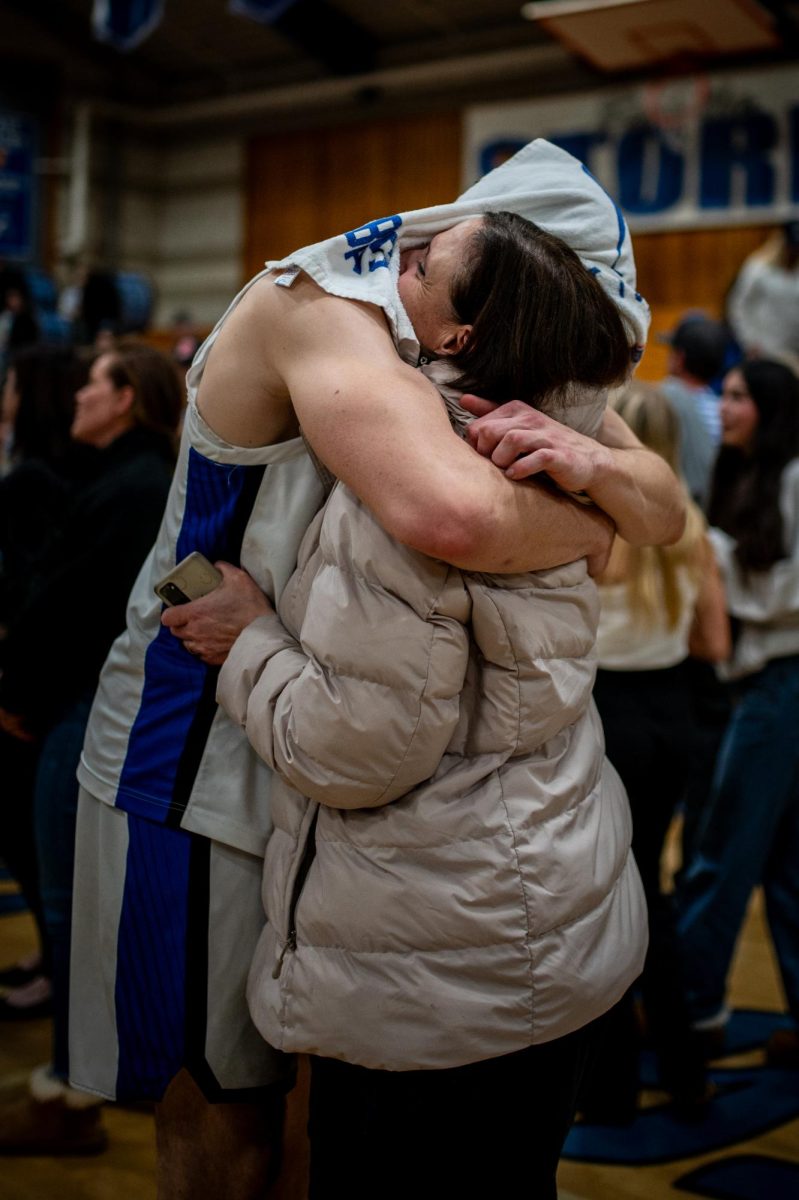Balance…
Non-Christian and non-American students and staff at RHS sometimes struggle to balance their education or work with their religion and/or culture.
May 26, 2022
RHS is a diverse school with students and faculty from all walks of life. Yet, the majority of school vacations center on Christian holidays, for example, breaks on Christmas and Easter. These breaks provide RHS Christan students and staff the opportunity to honor their culture/religion while balancing school and work. On the other hand, students and staff at RHS from non-Christan or non-American households must celebrate their cultural and religious holidays without the benefit of time off.
RHS Freshman Isabelle, who practices Catholicism, appreciates the ability to have time off to celebrate Christmas. “It’s nice to be able to celebrate Christmas without worrying about school or sports,” Pendon said.
Contradictorily, Rishit Sharma is a Hindu RHS Junior who has had a much different experience because of his religion. “Recently, due to Navratri [Hindu festival of nine days], I had to keep a series of fasts while tennis was in session. This led to a matchday where it was really hot. I had to play a match on an empty stomach, which wasn’t ideal,” Sharma said.
Additionally, Sharma feels that speaking with his teachers about his predicament is challenging. “I’ve never talked to any of my teachers that there even was a Hindu festival, much less that I couldn’t participate that day because of it.” He said the cause of why he would not converse with his teachers about this dilemma is because “they’d [some teachers] have no idea what we are talking about.”
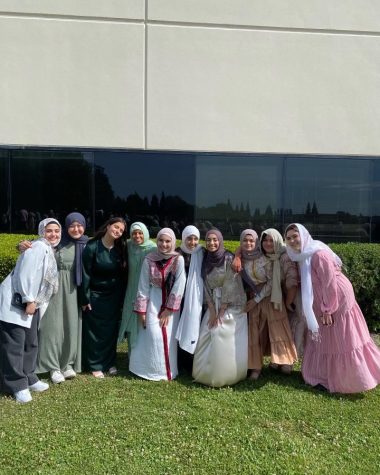
Sharma thinks one of the chief causes for this misunderstanding is that Hinduism and Christianity are very different religions, and are practiced in nations with strongly diverging ideologies. “’The prejudice of American Exceptionalism’ is why many of his teachers may not understand his and other situations,” said Sharma. “from the start of education…you only color in sheets depicting Jesus, the Easter Bunny, etc..even though schools claim to be secular.”
Sharma also claims that RHS individuals have an extremely high level of ignorance, as he recalls being subjected to ignorant remarks about his religion such as “Hindus are cow worshiping hippies,” and witnessing other derogatory remarks directed against members of different faiths.
Although having dealt with frustrating situations, Rishit agrees with the notion that teaching students and staff about different festivals and cultural practices, especially in a more enhanced method than is presently done, will lead to a more reasonable understanding of students and staff who struggle to combine culture with work or extracurriculars. He said, “It will lead to better understanding and a better culture for everybody.”
However, some students have not found their cultural holidays and school to conflict with each other. RHS Freshman Rabia Ziyaudin, who is Muslim, said, “No, I haven’t really had any problem trying to balance schoolwork with cultural activities.”
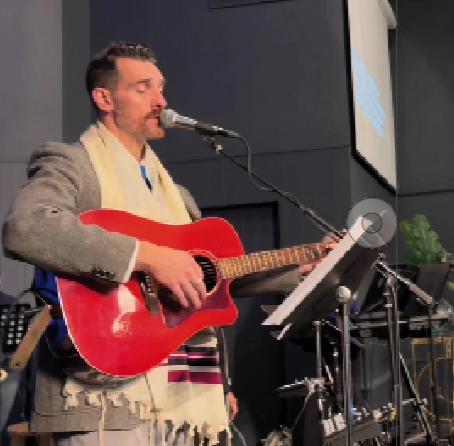
Mr. Joshua Rubinstein is the Publications teacher at RHS and is a practicing Jew. Mr. Rubinstein has encountered conflicts between his work schedule and religious holidays in the past. For Mr. Rubinstein being a Rabbi and teacher sometimes does not go hand in hand. He said there are four major Jewish Holidays called the High Holy Days, which he has to be present in to lead his community to celebrate. He said, “Especially as a Rabbi, I have to be there for them. So I end up having to take time off of work.”
Mr. Rubinstein said every year, RHS teachers get a set amount of substitute days, and after that, “it starts to cost us [teachers] money out of our paycheck to get substitute teachers.” He wishes that some of our formal breaks coincided with his celebrated holidays. However, he knows it is not practical for every culture and religion to have their holidays off. Mr. Rubinstein wonders, however, “Is there a way for this to be something that doesn’t affect my overall sub days that I get each year?” Christian staff at RHS do not have to worry about their overall sub days being taken because of religious holidays since they often have the luxury of their holidays aligning with the official holidays.
Mr. Rubinstein emphasized that he understands how difficult it is for students to integrate school and cultural holidays, “it makes you [a student] feel very different from everybody else…if a student is a Christian, they probably never have that sort of conversation with a teacher about their religion.” He then went on to say, “I also feel like, sometimes students just don’t know that the flexibility is there, and are afraid to approach teachers.”
Mr. Rubinstein further said that it did not make much sense to try to modify how many sub days he gets because of his religion. For Mr. Rubinstein, it is “…more of just accepting the reality rather than trying to change it… but now that I’m having this conversation with you, it makes me really think a little bit more deeply about the fact that I don’t have to accept things as just sort of ‘the fact’ or ‘reality.’ Perhaps I could do what I encourage my students to do and have the conversation. It’s possible that nothing will change, but what if there could be a change?”




